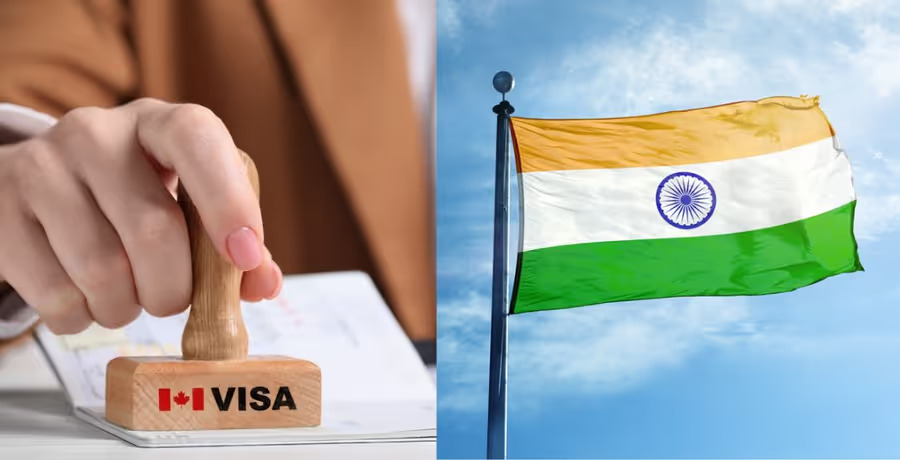Following a recent RCMP report alleging that agents of the Indian government were involved in “serious criminal activity” in Canada, Indian travelers are expressing concerns about potential impacts on their visa applications. This has sparked speculation on social media and travel forums, particularly among those seeking Canadian study or work permits, as worries mount over possible delays or heightened scrutiny amid the ongoing diplomatic rift.
Tensions between India and Canada escalated after both countries expelled six diplomats following the release of the RCMP report, with India withdrawing its High Commissioner, Sanjay Kumar Verma, citing concerns for their security.
In light of the situation, Immigration, Refugees, and Citizenship Canada (IRCC) has responded to travelers’ concerns, stating that while the safety and security of Canadians is a top priority, visa applications will continue to be assessed based on the Immigration and Refugee Protection Act. Applications from around the world, including India, are reviewed on a case-by-case basis by trained immigration officers.
Addressing concerns about delays, IRCC clarified that they are actively working to minimize any impact on Indian applicants by distributing the workload across the global processing network. The vast majority of applications from India—more than 90%—are already processed outside the country, predominantly in Canada.
IRCC confirmed that Indian nationals and residents can still apply to study in Canada, and that Canadian learning institutions continue to welcome students from India. Additionally, the agency reassured applicants that in-country staff in India would focus on urgent processing, visa printing, and other critical tasks like risk assessment and coordination with visa application centers.
IRCC is working closely with Canadian agencies like the Canada Border Services Agency, RCMP, and Canadian Security Intelligence Service to ensure security screenings remain robust, preventing potential criminal activity.
The tensions, fueled by Prime Minister Justin Trudeau’s reaffirmation of the allegations against India, have prompted mixed reactions online, with some Canadians expressing anti-immigrant rhetoric. However, officials have urged the public to avoid targeting Canadians of Indian descent and emphasized that the criticisms of India’s government do not justify racism or xenophobia.
This diplomatic strain follows the 2023 incident involving the assassination of Sikh Canadian leader Hardeep Singh Nijjar, with India allegedly linked to the case—a controversy that has fueled much of the ongoing discord between the two nations.

